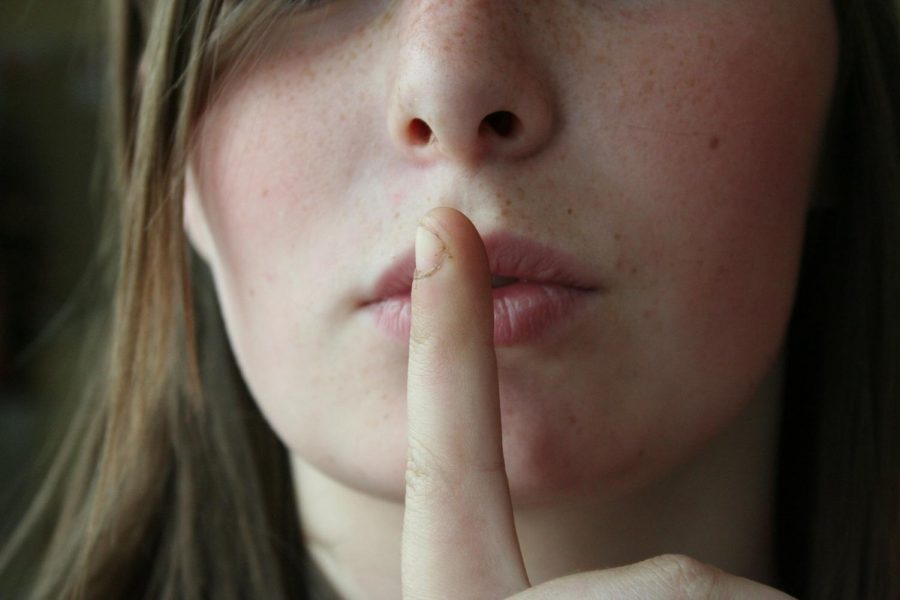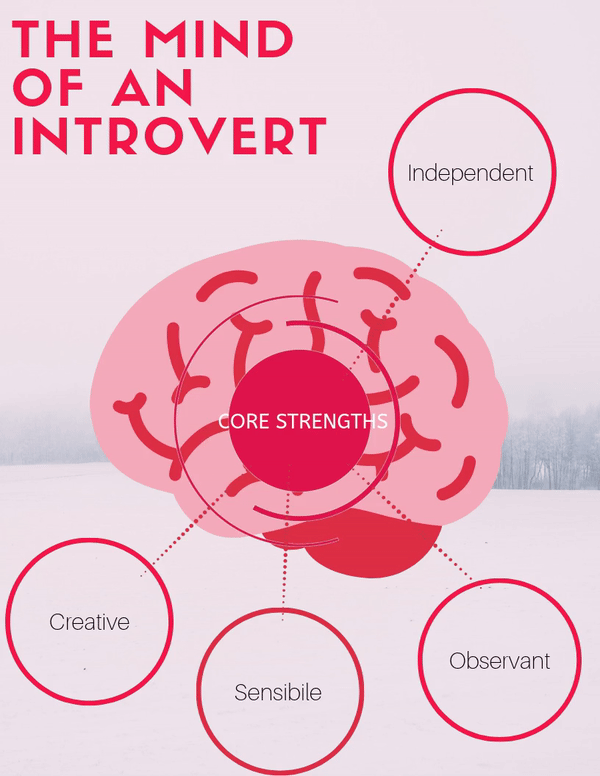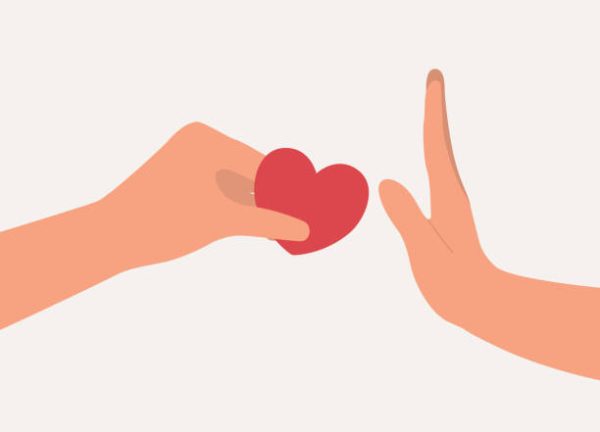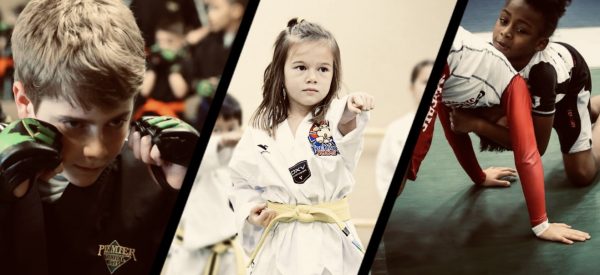Speak up, please
Classroom prejudice against introverts
At the end of the eighth grade, I was organizing my freshman year schedule and realized that I had no space to fulfill the communications course credit required by PISD for graduation. Desperate to maintain the format of my schedule, I opted to take professional communications during summer school, one of the courses that offer the credit. Though the class was designed to get me prepared for a life of public speaking and presenting, the thought of standing in front of an audience made my throat choke up.
When I took a Myers-Briggs personality test a few weeks into the course, I learned why. Through a series of questions, the test placed me in one of the 16 personality types and ranked me as a highly introverted individual.
Relieved to find that my fear of public speaking was rational, I completed the course with a firm belief that it was alright to feel uncomfortable. However, as I continued my high school career, I noticed that our culture does not have the same regard for introverts and this bias trickles down into classrooms.
Author Susan Cain discusses this bias in her New York Times best-seller “Quiet: The Power of Introverts in a World That Can’t Stop Talking.” Cain explains how institutions of higher education often penalize introverted students by implementing participation grades and group work — some students even have to pretend to be more outgoing to get better grades. This trend is now becoming more present in high schools as teachers aim to better prepare students for college.
Quiet individuals are often perceived to be either stoic and impersonal or awkward and shy, while extroverts are seen to be naturally charismatic, bold and friendly. However, this is a misconception popularized in the early 20th century as radio and other forms of media gained popularity, advocating for “good personalities.”
The truth about introverts
The stereotype of the loner kid that sits alone at the lunch table has been perpetuated by countless teen dramas and TV shows, drilling a stereotype into the minds of young people. But chances are the kid who sits alone at lunch, reading a book is just an average introvert.
Introverts prefer to surround themselves with a small circle of close friends and, contrary to popular belief, they don’t dread social interaction. They simply find it necessary to spend some time alone to recharge.
At its core, personality is a result of brain chemistry, and the main difference between introverts and extroverts lies in the way they handle social situations. Studies have shown that the pathway responsible for social processing — the Long Acetylcholine Pathway — is much shorter for introverts than it is for extroverts.
The frontal lobe of the brain, which is responsible for outcome evaluation, is another culprit because it is much more active in introverts as well. This explains why those who are quiet are often the loudest in their heads. Introverts are more prone to overthink and evaluate every possible outcome in a situation.
Introverts can’t help who they are and the constant praise for outgoing students can decrease introverted students’ confidence. The staff and administration need to take the initiative to help support introverted students without diminishing who they are. However, there are some teachers who are able to accommodate more reserved students by allowing for the option to work alone on assignments.
Ways teachers can help
We must try to avoid typecasting reserved students by labeling them as “quiet” or “sensitive,” as it negates the complexities of introversion. Pigeonholing students into a category can influence the way they feel about themselves and how they interact with others, which can negatively impact their performance in the classroom.
It is not often enough that we recognize and appreciate the strengths of introverts. Although they may not participate in extensive amounts of verbal communication, they tend to be excellent writers, which serves as a valuable skill in the classroom. Introverts are often independent, reflective and good listeners. Recognizing these positive attributes and encouraging them in class can improve performance and create a more enjoyable experience for introverted students.
We should encourage students to be themselves without fear of facing prejudice for their personality.













